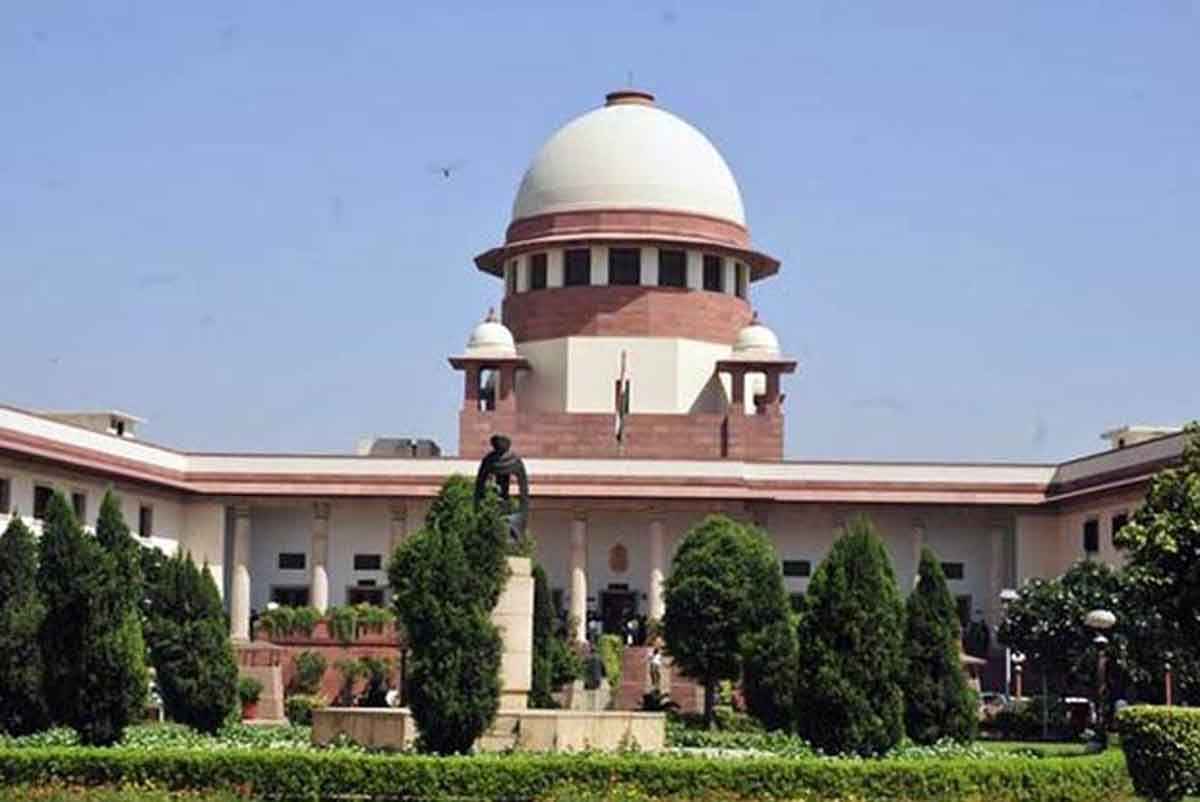NEW DELHI, Nov 19:
The recruitment process undertaken by a competent authority would be meaningless “without a timeline”, the Supreme Court has said while setting aside the orders passed by the Allahabad High Court in a matter about the recruitment of police constables to the Provincial Armed Constabulary (PAC) in Uttar Pradesh.
The apex court allowed the appeal filed by the Uttar Pradesh government and others against the August 2019 order passed by a division bench of the high court which had upheld an order of the single judge.
The single judge had directed the authorities to permit the petitioner, who was one of the candidates in the recruitment process, to appear for document verification and physical fitness test for the post of constable in pursuance to the recruitment advertised in the year 2015.
“In any event, though indulgence was shown in the earlier cases, a line has to be drawn at some stage as otherwise, the recruitment process undertaken by the competent authorities would be meaningless without a timeline and the next recruitment process will also get effected since the determination of the number of vacancies for the next process will keep fluctuating,” a bench comprising Justices D Y Chandrachud and A S Bopanna said.
The apex court noted in its judgement that the recruitment process had commenced in 2015 and document verification along with physical fitness test was held in 2018.
“Several candidates who were permitted pursuant to the order of the high court had taken part in early January 2019. Since sufficient time has elapsed thereafter it would not be appropriate to make an exception in the case of the respondent at this stage as otherwise, the trickle would continue,” the bench said.
It said the single judge, as well as the division bench of the high court, were not justified in their conclusions.
The bench noted in its verdict that the authorities had published an advertisement in 2015 to recruit police constables to the PAC (Male) by direct recruitment.
One of the candidates, who had approached the high court, had applied according to the advertisement and the admit card was issued to him and an initial fitness examination was also held.
The bench noted that to complete the selection process, the documents were to be verified and the candidates were to be subjected to a physical fitness test which was to be made subsequently as the next stage of the recruitment process.
The petitioner had moved the high court claiming that he was unable to appear for a physical fitness test and verification of documents for want of written communication from the concerned authorities.
The authorities had said that the candidates, who were required to appear for physical fitness test and document verification, were intimated by issuing SMS over the mobile phone on the number which was furnished in the application.
They said several other candidates, who had received such SMS, had appeared and taken part in the process of document verification and physical fitness test.
The petitioner before the high court had alleged that he could not appear in the process as he was not intimated by the authorities through the post.
The petitioner had alleged that the authorities had not adhered to the requirement contemplated under the Uttar Pradesh (Civil Police) Constable and Head Constable Rules, 2008, as per which a call letter was required to be issued.
The apex court noted that the single judge of the high court, though did not record a finding of there being violation or non-compliance of any rule, had concluded that there was inadvertence on part of the authorities since an applicant would not have deliberately not participated in the process of recruitment.
The authorities had thereafter approached the division bench, which upheld the direction issued by the single judge.
During the arguments before the top court, the counsel appearing for the authorities had said that keeping in view a large number of applicants and the process to be completed, the candidates were intimated by sending SMS to appear for document verification and physical fitness test.
The counsel appearing for the candidate had contended that the rules contemplated that intimation has to be sent through the post, but no such intimation was issued to him.
The apex court observed that in a given case, the person may not reside at the same address which is furnished for communication when the application is made and it is for the candidate to intimate any change to the authorities.
The bench said it is not the case of the candidate that he had not received the SMS and it is only a technical contention that he ought to have been intimated through postal communication. (PTI)


